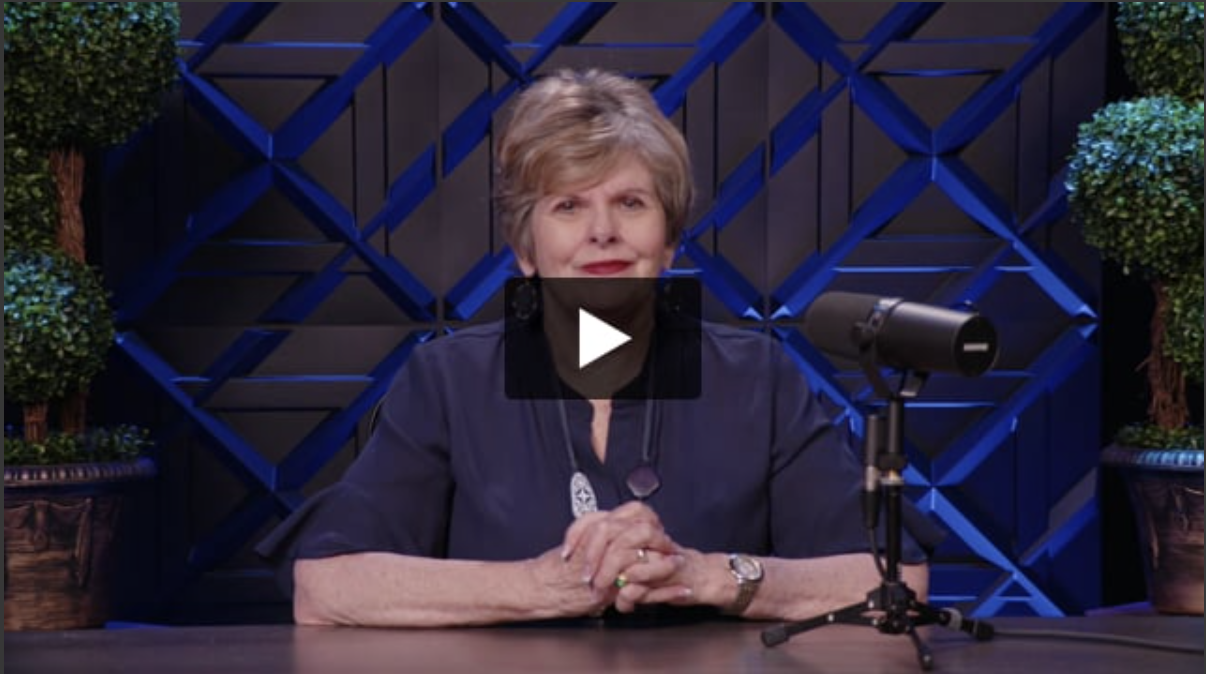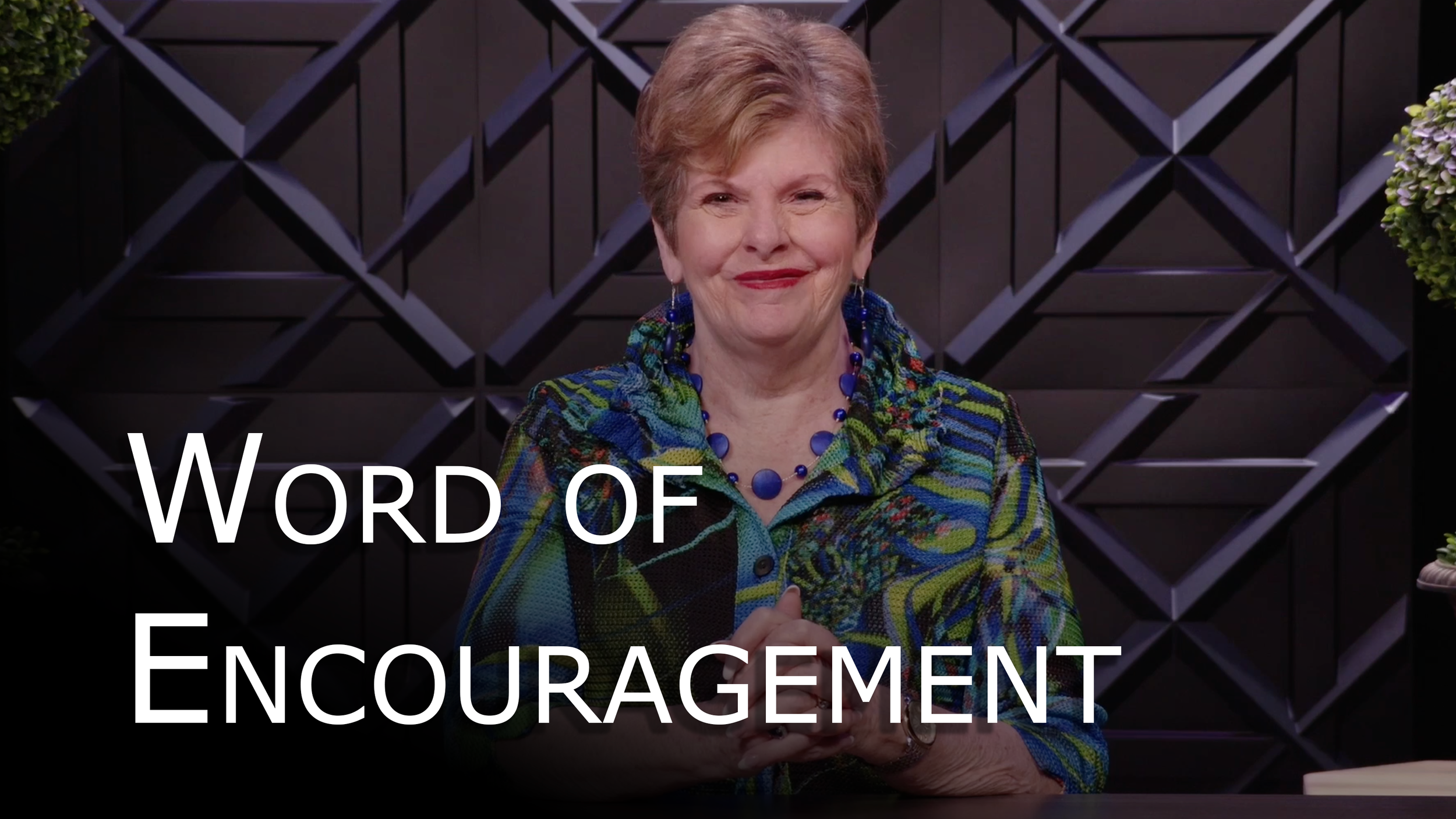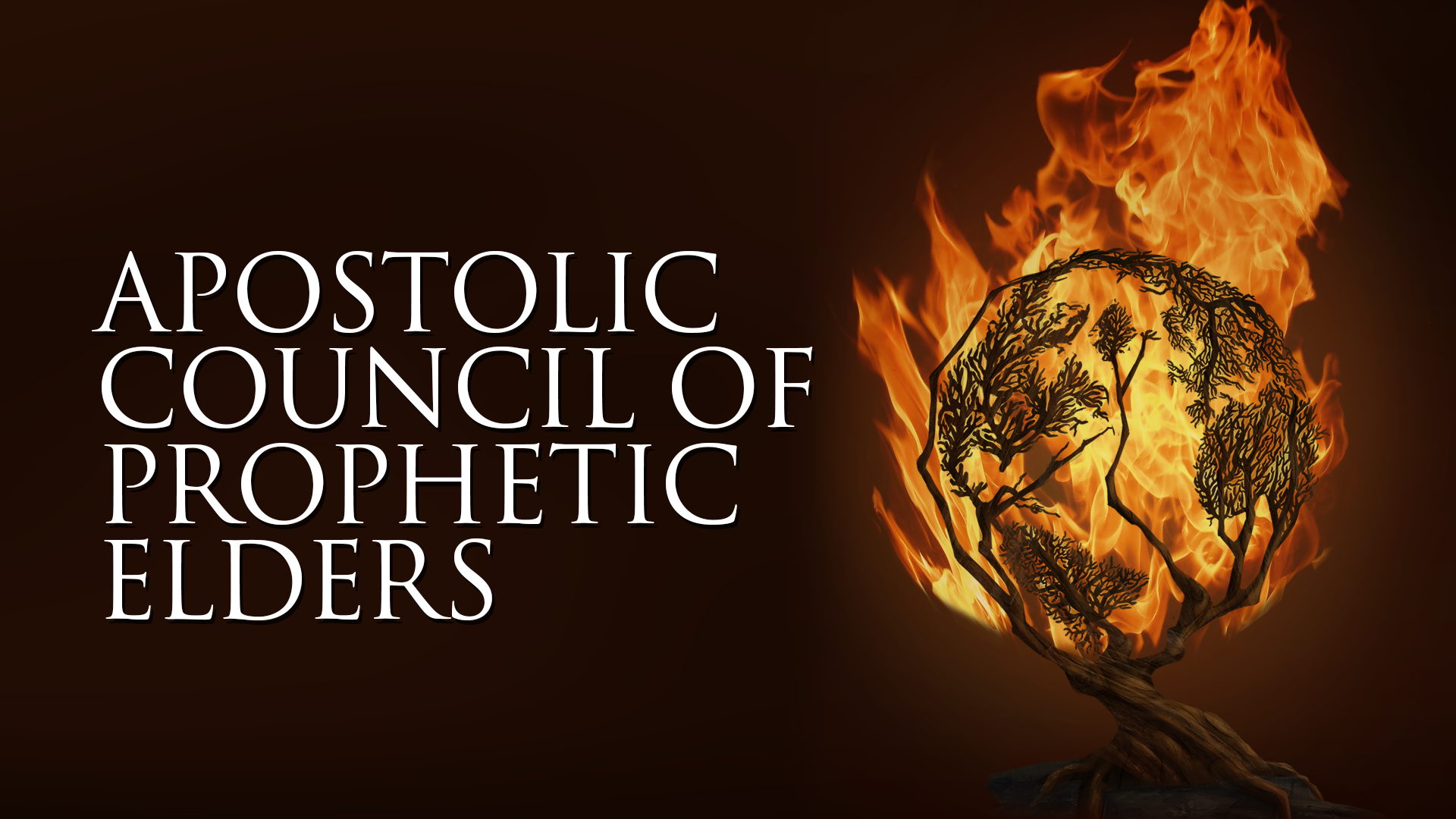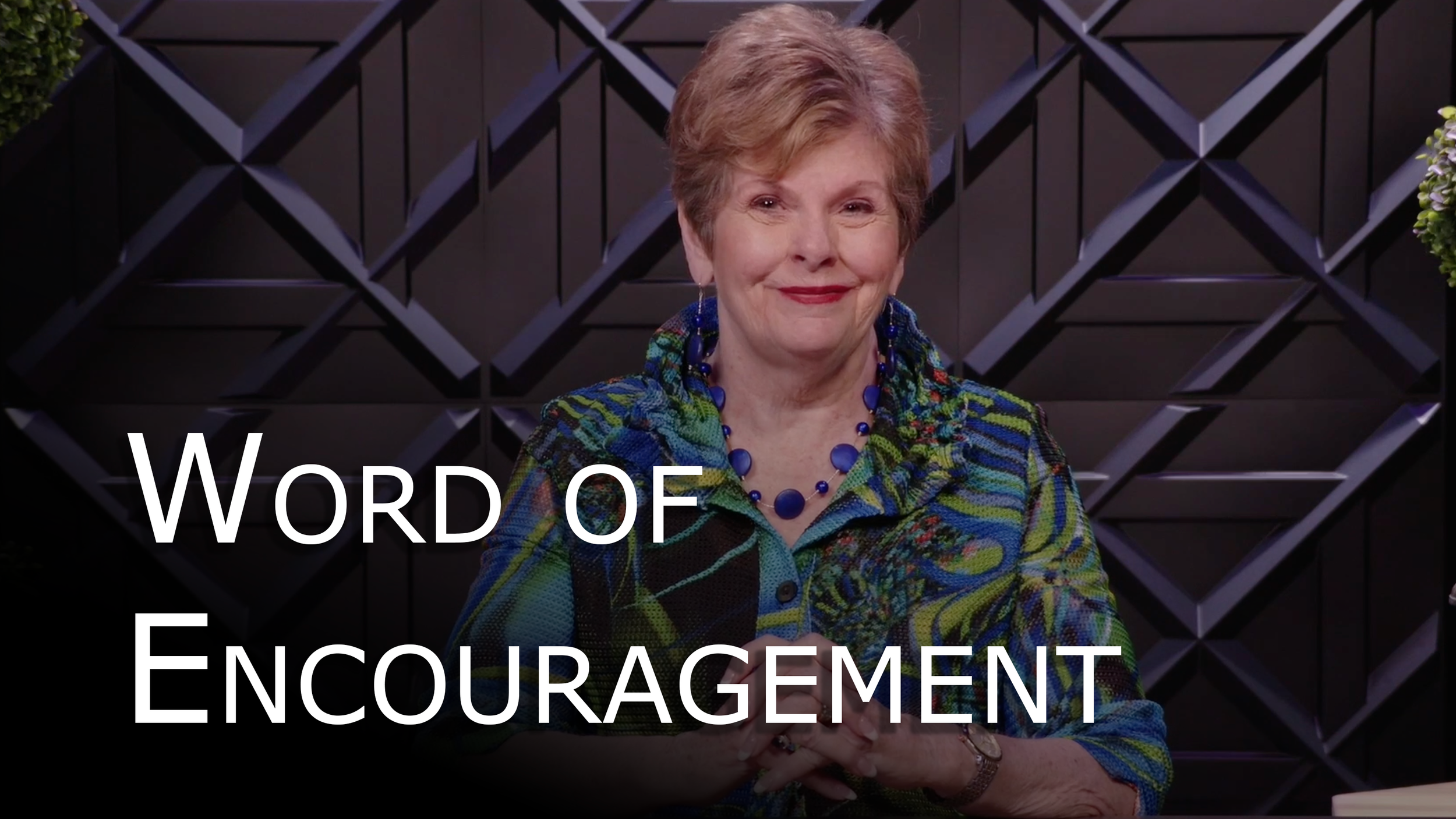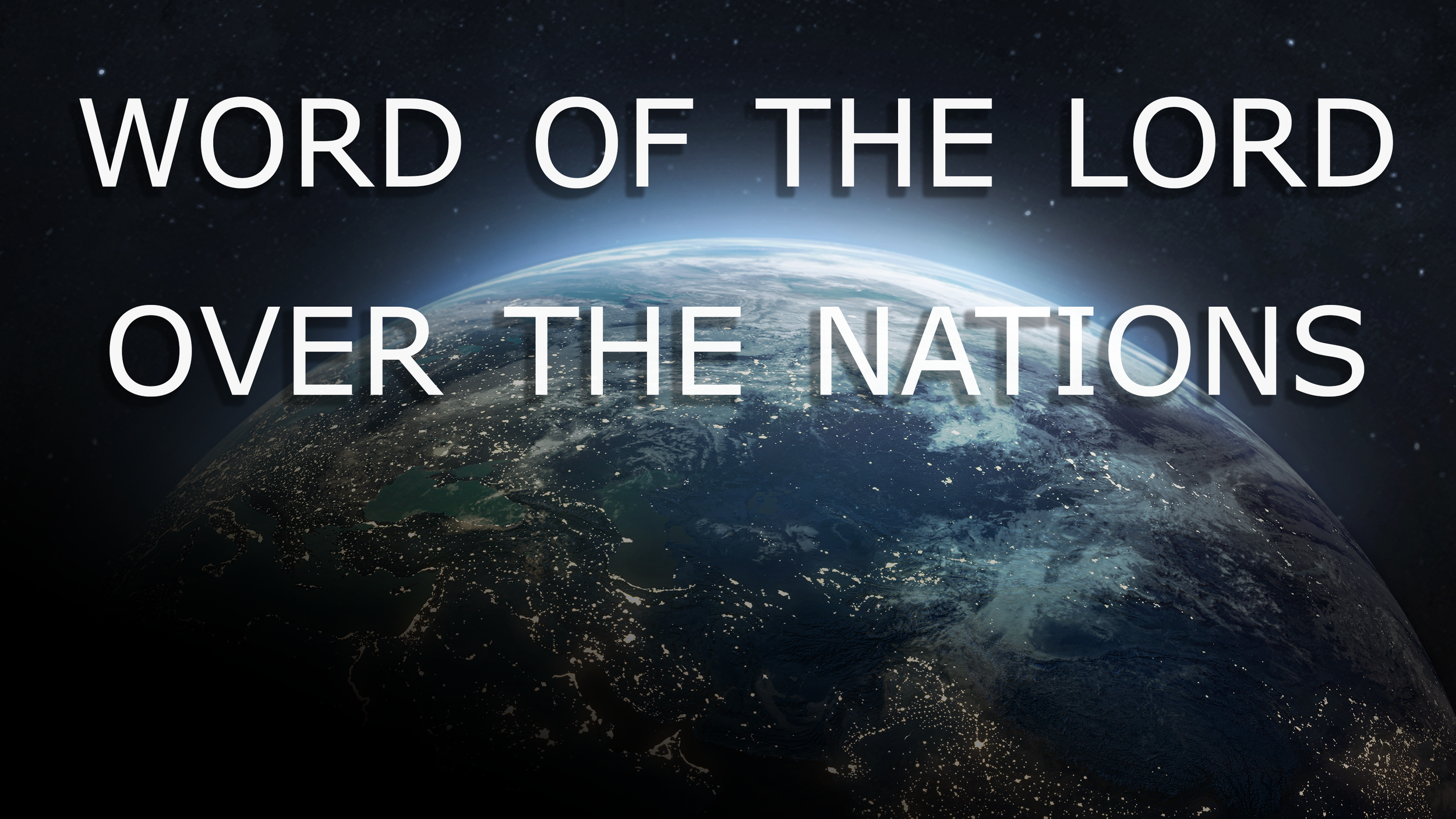
One of the most profound New Testament scriptures is found in 1 Peter: “But you are a chosen generation, a royal priesthood, a holy nation, His own special people, that you may proclaim the praises of Him who called you out of darkness into His marvelous light” (1 Peter 2:9, emphasis added).
While all of the things God says we are in this verse are amazing, when it comes to prayer, there are some significant implications to the phrase “a royal priesthood.” God Himself calls His people His priests! Remember, this is not the Old Testament. This is for today.
If we study the responsibilities of Old Testament Levitical priests, one of their main duties was to stand before the Lord and represent the people of Israel, particularly by making sacrifices for sin. In addition to this, we see prophets (such as Isaiah or Jeremiah) who “stood in the gap” for the Jewish nation as well.
So what does this mean for us? What are the responsibilities now involved in being part of a ‘”royal priesthood”?
Intercession—acting or pleading on someone else’s behalf—plays a key role in fulfilling the duties of our priesthood. The Lord looks to us to stand in the gap through prayer for others, watching and praying, being alert to His voice and to the wounds of the world that need healing by His blood. Just as the Levitical priests applied the blood sacrifice of animals, we are privileged to carry the more precious blood of Christ, which was shed only once for the cleansing of all sin and iniquity.
John Dawson states,“The blood has been made available; however, the blood must still be applied” (1). This is why there is a need for “pleading the blood” over our friends, family, cities, nations and governments. We understand that although Christ’s sacrifice on the cross gives new life, it is up to each of us to individually respond and receive what Jesus made available.
Intercession is not just prayer. It’s gap-standing, taking on the authority of the new priesthood and applying the blood where it is needed. In keeping with another definition for interceding—to attempt to reconcile the differences between two people or groups—
we are praying for the reconciliation of people to God. We are crying out for mercy for those who have not known Christ, praying fervently for their eyes to be opened to the Lord.
What about interceding for nations? Same thing! When we intercede for a nation or city and cover it with the blood of Christ, we are providing a covering of mercy and creating yet another opportunity for God’s will to be done in that place.
You might wonder why we even need to intercede. After all, we do not have the power to forgive sins or grant salvation; only God does. Couldn’t God just act however He sees fit, with or without our prayers?
Of course He could! But He has chosen to include us in the process. As Cindy Jacobs puts it, “God has ordained His world to function through believing prayer, and He has chosen us to partner with Him in the divine interaction called prayer” (2).
Jesus is always interceding for us, and because of this, any time we approach God, we are able to find grace and mercy since Jesus has already intervened on our behalf (see Heb. 4:14-16; 7:25). When we intercede for others, we receive His heart for them. And while we cannot force anyone to move toward God, when they do finally seek Him, they are also able to encounter grace and mercy because we have come into agreement with the prayers of Jesus on their behalf. How amazing is that?
You can intercede for others with confidence that God hears and is ready to act when hearts open to Him. He has given you authority for the responsibility and sacred of privilege of clearing the way for people to be reconciled to Him by appointing you to a royal priesthood. Embrace this aspect of your identity as a believer, and ask Jesus to align your heart with His as you join Him in interceding before the throne of God.
References:
-
Dawson, John. The Believers Potential and Pathway for Ministering Healing to the Nations, NKJV New Spirit Filled Life Bible. Thomas Nelson, Inc., 2002.
-
Jacobs, Cindy. The Power of Persistent Prayer. Bethany House: Minnesota, 2010.
Recent Posts

